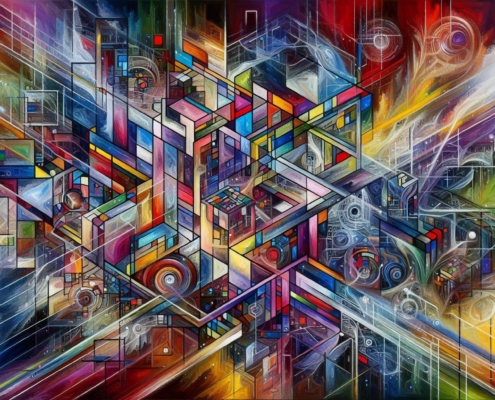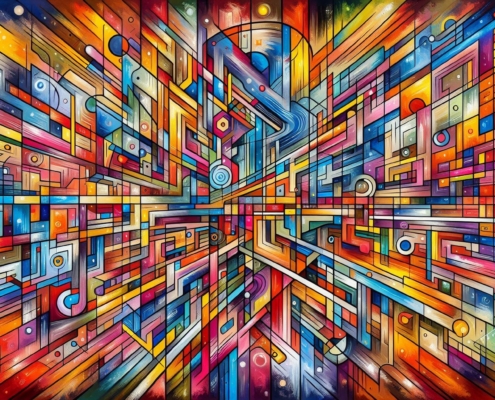Latest Entries

Dangers of Artificial Intelligence
Biases and Psychology
Artificial Intelligence (AI) can bring about significant advancements, but it also comes with many risks and dangers. Here are some of the key dangers associated with AI:
Rapid Self-Improvement: AI algorithms are reaching a point…

Dunning-Kruger effect and AI (Artificial Intelligence)
Biases and Psychology
The Dunning-Kruger effect is a cognitive bias where people with limited competence in a particular domain overestimate their abilities [2].
This effect was first described by psychologists David Dunning and Justin Kruger in 1999 [2].…

The Anchoring Effect and Artificial Intelligence
Biases and Psychology
A brief overview of the cognitive bias and its relation to artificial intelligence
What is the anchoring effect?
The anchoring effect is a cognitive bias that occurs when people rely too much on the first piece of information…

The Fundamental Attribution Error and Artificial Intelligence
Biases and Psychology
How humans and machines interpret behavior differently
What is the fundamental attribution error?
The fundamental attribution error (FAE) is a cognitive bias that affects how people explain the causes of their own and others'…

AI and Confirmation Bias
Biases and Psychology
A brief overview of the potential effects of artificial intelligence on human cognition
Introduction
Artificial intelligence (AI) is the field of computer science that aims to create machines and systems that can perform tasks…

Common Cognitive Biases
Biases and Psychology
Here’s a list of common cognitive biases:
Apophenia: Perceiving false connections [1].
Availability heuristic: Biased by memory accessibility [1].
Cognitive dissonance: Perception of contradictory information…
